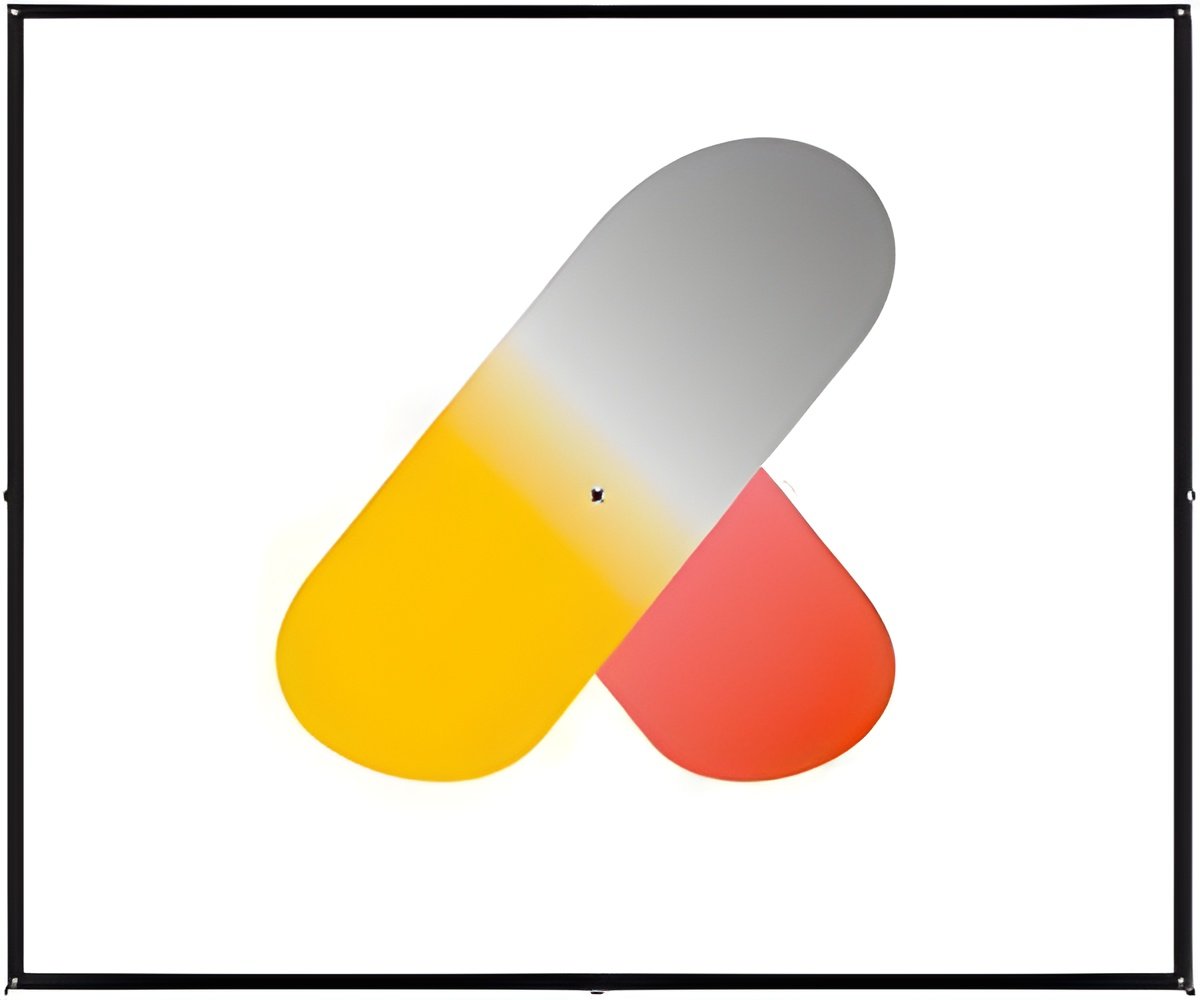
Researchers tested the combination of eplerenone and either an ACE inhibitor or an angiotensin receptor blocker (ARB) to decrease the progression of heart muscle disease, a leading cause of death in boys and young men with DMD. They enrolled 42 boys with DMD who also showed evidence of early heart muscle damage by cardiac magnetic resonance imaging. These boys were randomized to receive one pill of either 25 milligrams of eplerenone or placebo daily for one year. All the subjects received background therapy with either an ACE inhibitor or ARB. The patients had cardiac MRIs done before and again at 6 and 12 months after starting the study medicine. The research team reported that after 12 months the further decline in left ventricular function was significantly less in the eplerenone treatment group than in those on placebo.
Dr. Shubha Raman who led the study noted that the results indicated at least six months of therapy was needed to realize the benefits. She said, "We believe this research offers evidence that supports the early use of these readily available medications. We know that a sensitive measurement of heart function known as strain is abnormal well before complications like congestive heart failure and fatal arrhythmias occur in DMD. By impacting this earliest detectable change in heart function, we expect and hope to see even greater benefits with longer-term follow-up of these patients. Slowing the progression of heart disease should translate into improved quality of life for affected individuals and their families."
Co-investigator of the study Dr. Linda Cripe, a pediatric cardiologist said, "This could quickly become standard of care for patients with DMD."
Source-Medindia















